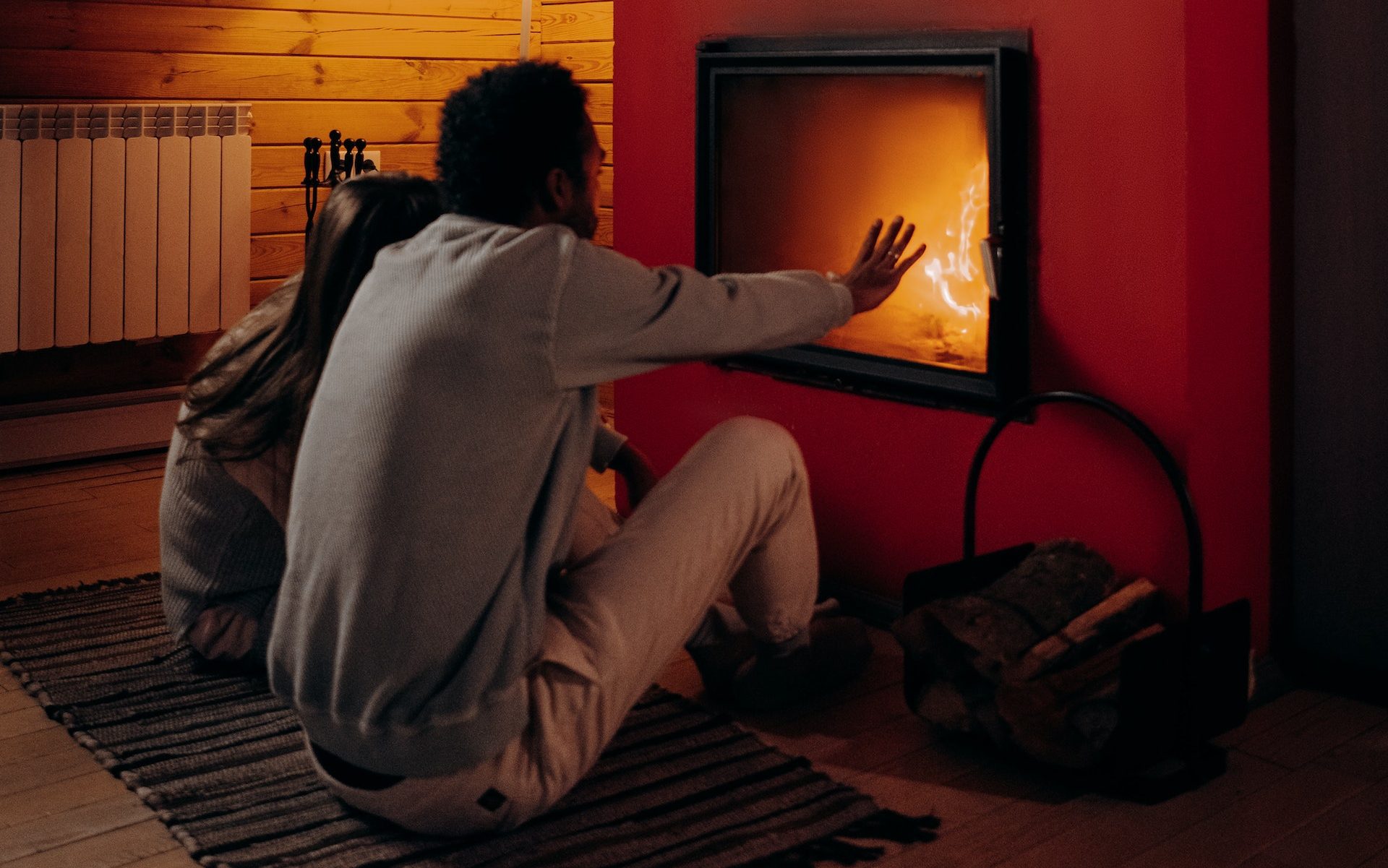Life in Germany. Heating your home for winter 2022. Energy costs in Germany are set to skyrocket this winter, which will leave many wondering when they should start heating their homes. Here’s what you need to keep in mind:

Home heating in winter 2022 in Germany
As a result of gas shortages of Russian gas, energy prices in Germany have been at an all time high and the security regarding gas is in question. Due to the situation, the German government has urged businesses and households to reduce their energy consumption as much as possible.
As the temperature begins to drop across the country, heating season begins and many people are wondering when they should start heating their homes and if there are any rules to follow.
Table of contents
Does it make a difference if I live in a rental?
The right time to start heating your home depends on a number of factors, including personal preference, the weather, whether you live in a rented home or own your won property, and the age and characteristic of the property you inhibit.
Does your landlord/owner control your heating?
For most people in rented accommodation, the landlord must turn on the central heating before the radiators will work. During the winter months, rental properties in Germany have what is known as the Heizperiode , which means ” heating period “, which is usually from 1 October to 30 April.
During the Heizperiode, the owner must set the heating so that the minimum temperature in the apartment reaches between 20-22 degrees C during the day and around 18 degrees C at night (11:00 p.m. – 6:00 a.m.). But even outside the heating period, the owner is required to keep the building’s heating system in a “working condition” and must turn on the heating if the outside temperature is below 16 degrees C or below 18 degrees C for more than two days.
Some tenants who have a boiler can turn the heating system on and off by themselves.
Minimum temperature for rented housing?
Tenants are usually bound by a clause in their lease to keep their homes heated to a minimum level to prevent mould and deterioration of the property. But the Energy Savings Ordinance, which came into force this year as a result of the energy crisis, brings new changes to heating in 2022.
From September 2022, minimum temperatures in rental contracts will no longer apply. Thus, tenants will be allowed to heat the house less if they wish, to save energy costs. However, tenants must ensure that no damage will occur as a result of reduced heating.
Can I refrain from heating my home at all?
If you should chose not to heat your home then you might incur an extra cost due to frozen pipes or mould in your rental property. This also applies if you intend to leave your home for long periods of time. For example if you prefer to spend the winter in warmer areas or if you are on a business trip in the cold season.
Another reason to also heat your home is that it can be very bad for your health because you might get to cold.
What if I live in my own property?
Owners can decide for themselves when to start heating their homes, but experts recommend taking into account the year of construction and the state of the building’s insulation.
When should I start warming up?
For both renters and homeowners, there are some general rules that apply to the age of the building you live in. If you live in a building built before 1977, you should start heating once the outside temperature reaches 15 degrees C or lower. For buildings built between 1977 and 1995, you should start heating when the outside temperature drops to 14C or lower.
For buildings built in 1995 or later, residents can often delay heating their homes until the outside temperature reaches 12 degrees C. For energy-efficient homes, heating can be turned on first when the outside temperature reaches 11C.
What temperature should I have in the house?
As a general rule, Rita Maria Jünnemann, energy expert at the North Rhine-Westphalia Consumer Advice Center, advises people not to drop below 16C in their homes. She said people should also think about what they do in certain rooms to make a decision about how much to heat them.
Jünnemann said: “Those who move a lot in the apartment, for example cooking, often do not need much heating. But for the person sitting at a desk, even 20C might be too cold. But you don’t have to warm up right away, a blanket can fix that.”
How can you save on heating costs?
There are several ways in which you can help keep your heating costs down from keeping doors and windows insulated, turning the heating on and off etc that we covered in this article: List of 8 ways to save on heating costs in Germany.
